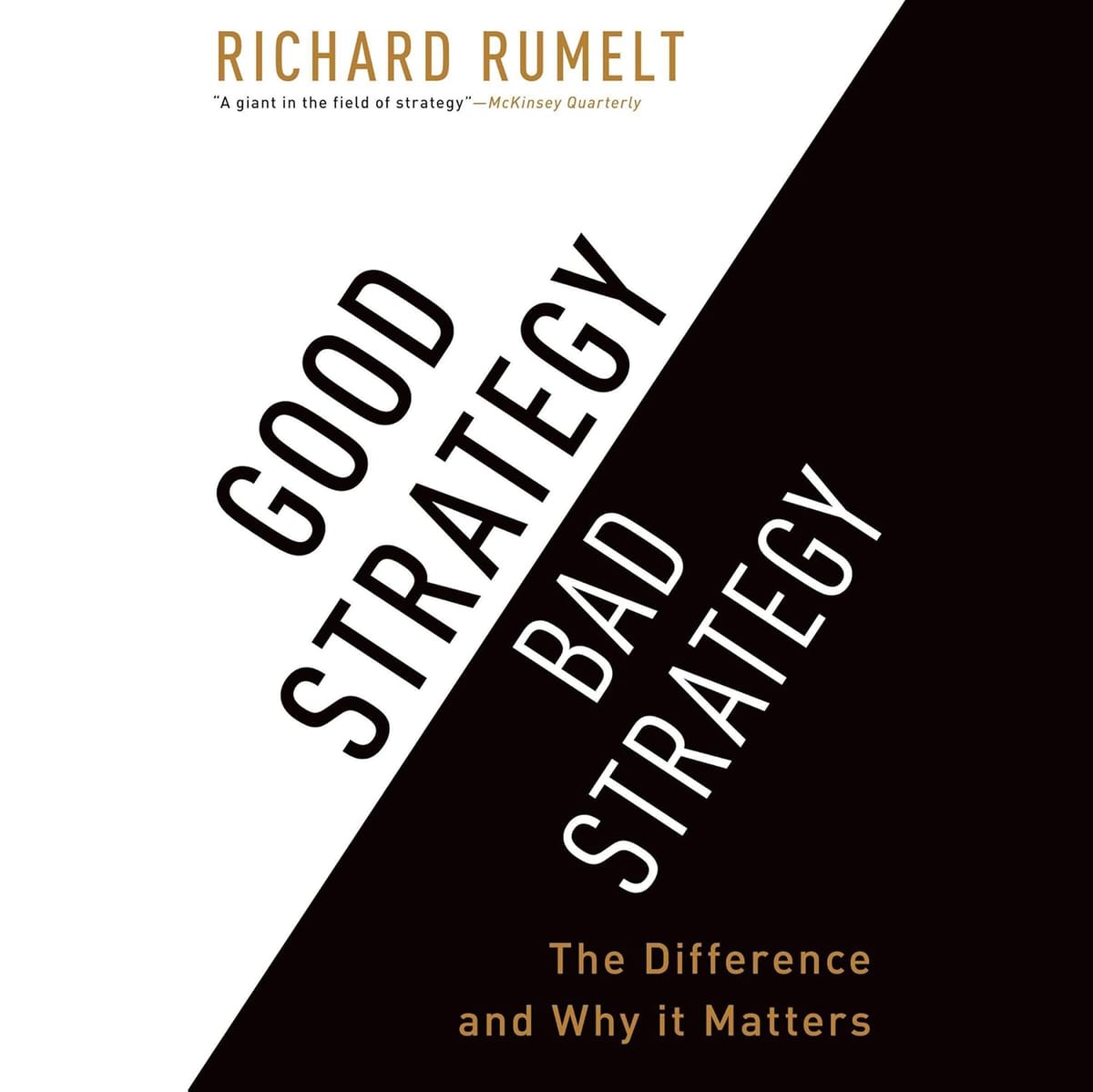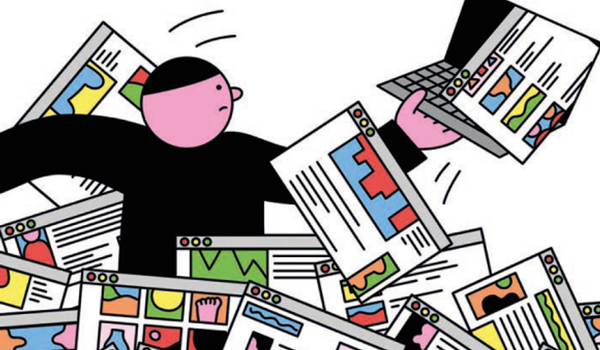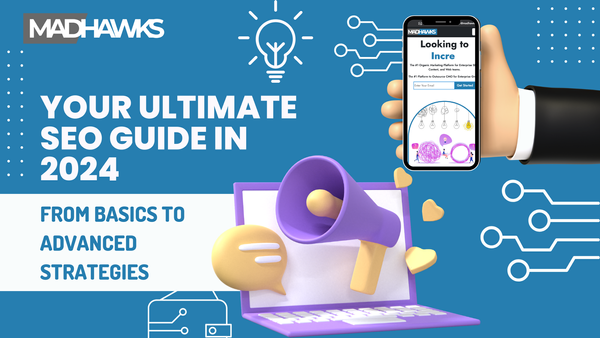What is True Strategic Advantage?

Yesterday during a live stream, some friends asked about what constitutes a company's strategic advantage. To build a strategic advantage, you first need strategic resources. The book 【Good Strategy/Bad Strategy: The Difference and Why It Matters】 provides a great description of strategic resources, which I'll share here:
"A company needs to buy pickup trucks, office equipment, vertical milling machines, and chemical processing equipment. It also needs to lease warehouses, and hire high school and college graduates, lawyers, and accountants. Generally speaking, these resources are not considered strategic resources. These assets and services usually do not provide a competitive advantage because competitors can obtain almost identical assets and services through the same channels. Strategic resources are assets that a company builds, develops, designs, or discovers through long-term effort, and which provide a lasting advantage that competitors cannot replicate without incurring economic loss."
A high-quality strategic resource can create a strong competitive advantage and simplify the company's strategic planning. For instance, consider the case of Xerox. Xerox held the patent for plain paper copiers, and by the mid-1950s, they had a firm grip on this patent. Consumers were willing to pay $3,000 or more for a Xerox copier, even though it only cost about $700 to manufacture.
Because of this significant protected competitive advantage, Xerox's strategy was clear: manufacture and sell these devices themselves.
Just like building a dam requires a lot of labor but, once built, can be used for a long time without additional labor, Xerox's superior resource position—its knowledge and patents for plain paper copiers—was the result of years of innovation and effort. Once such protected resources are obtained, they exist like a dam, lasting for many years.
When Panda Express described their advantage, they claimed it was using better flour, better fruits, and better cream. I argued that this wasn't a true advantage because if that were the case, wouldn't competitors just use better flour and cream too? A true strategic advantage is something that, even if competitors know your approach, they find it difficult to mimic.
For example, it's easy to rent a bag that looks just like an LV (Louis Vuitton) bag, but LV's history and the societal recognition and consensus around its brand are its true advantages. As the official luggage maker for the French royal family, that's an advantage that's hard to replicate.
Marvel's IP, Dyson's patents, and the special sunflower seeds of the Three Fat Guys are all strategic resources and advantages because they are impossible for others to duplicate. Pagoda has spent years proving they only sell quality fruits, which is their advantage because proving such a thing takes just as many years for anyone else.
Read Later? The book's link



